Press statement
Freetown 25th May 2021
In June 2018, The Government of Sierra Leone signed a Memorandum of Understanding with the People’s Republic of China to increase investment in the Country’s fishing sector, particularly through a comprehensive fish stock assessment and the construction of a fishing harbor. While the fish stock assessment was carried out in September 2019, the report of that assessment is not in the public domain and no public discussion about that report to our knowledge has been done.
In the last week, Green Scenery has been following with grave trepidation news regarding the planned construction of the Fish Harbor in the area of Black Johnson, a region with sequin ecosystem and aesthetic beauty.
We were alarmed after been privy to the communication between the Environmental Protection Agency (EPA) and ILRAJ/NAMATI, in which the EPA explained having “not been informed about the alleged fish harbor project and no Environmental Impact Assessment License application has been lodged”.
For moral reasons, we caution that government cannot renege on its own laws, and wish to express here that the Government of Sierra Leone is obliged to comply with the regulations and laws designed to protect the environment. Paragraph 23(1) of the EPA act, 2008 clearly states that “no person shall undertake or cause to be undertaken any of the projects set out in the First Schedule [infrastructure, e.g. Harbours] unless he holds a valid license in respect of such project”.
We further wish to remind our government that it is signatory to many international environmental conventions and protocols, a typical one is the Convention on Biological Diversity (CBD) and to draw government’s attention particularly to article 8 relating to In-situ conservation and article 14 relating to impact assessment and minimizing adverse impacts. Others are the Ramsar Convention, and the Abidjan Convention. Sierra Leone is therefore obligated to ensure protection of wetlands, and sustainable coastal development.
Not respecting our national laws, and ignoring our international commitments, the Ministry of Fisheries and Marine Resources announced that 252 acres or 100ha of land have been secured at Black Johnson for the purpose of constructing a fish harbour is untenable.
The Government of Sierra Leone has on numerous occasions expressed its commitment to the protection of the environment. The Medium-Term National Development Plan 2019-2023 promises to “Strengthen and enhance the legal framework for enforcement and compliance of the Environmental Protection Agency Act” and emphasize the “imperative to develop strategies to manage these [wetlands] scare resources”. The Sierra Leone’s Second National Biodiversity Strategy and Action plan 2017-2026 identifies Degradation/fragmentation and loss of seabed integrity due to activities such as coastal infrastructural development as a major issue contributing to the Biodiversity loss. Sad to say the government is only inching on its commitment to the environment.
Green Scenery is privy to a World Bank presentation and conclusions of its report that categorically discarded Black Johnson for a fishery harbour project for reasons of environmental concern. With no environmental due diligence, the Ministry of Fisheries and Marine Resources now finds that location as “the most suitable place…in terms of environmental issues.”
In this context, we urge his Excellency President Julius Maada Bio to reverse the entire plan for Black Johnson in fulfilment to the Government’s commitment to protect the environment, his party’s commitment to environmental issues as stated in the manifesto and commitment to his own words during his recent Presidential address to the opening of parliament on the 18th of May 2021 that “to improve environmental outcomes, Government is reviewing and updating various legislation, promoting sustainable environmental protection including national reforestation and timber management initiatives, managing and conserving wetlands, and furthering community-based environmental education.”
We further ask that the fish stock assessment report be made public as well as the full World Bank report so that the public is able to interrogate them and proffer informed decision.


